The members of the EVTA Secretariat, Ms. Giulia Meschino and Ms. Angeliki Psychogyiou had the pleasure of visit the European Vocational Training Association’s latest member, Culture in vivo ASBL on Friday the 29th of January 2021.
This introductory meeting, organized in the framework of Culture in vivo’s recent membership to our network gave us the opportunity to learn more about our newest member and discuss our future collaboration.
We had the opportunity to visit the ASBL’s headquarters in Nivelles and see their 5 laboratories (including 2 clean room areas) and 4 class rooms. We also got the opportunity to hear about expectations of our newest member and decide on an action plan for our cooperation and services provided.
Culture in vivo is a not-for-profit organization, dedicated to scientific events, teaching and training and public information in the field of life sciences
Culture in vivo is a not-for-profit organization, dedicated to scientific events, teaching and training and public information in the field of life sciences, as well as to raising public awareness for science. It was first established as an ASBL in 1999 with their main objective being to address social integration and labor market issues, and the continual need for education in the life sciences, training and continuing education for the pharma/biotech sector in Belgium.
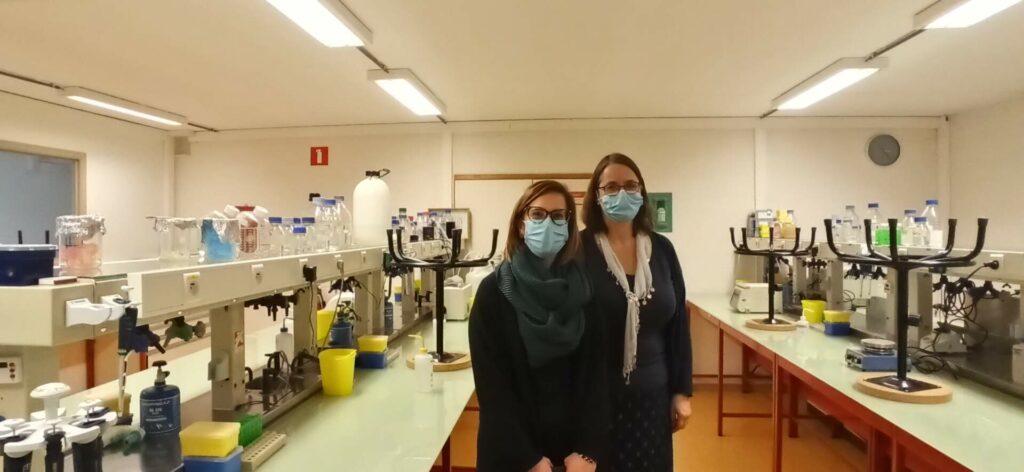
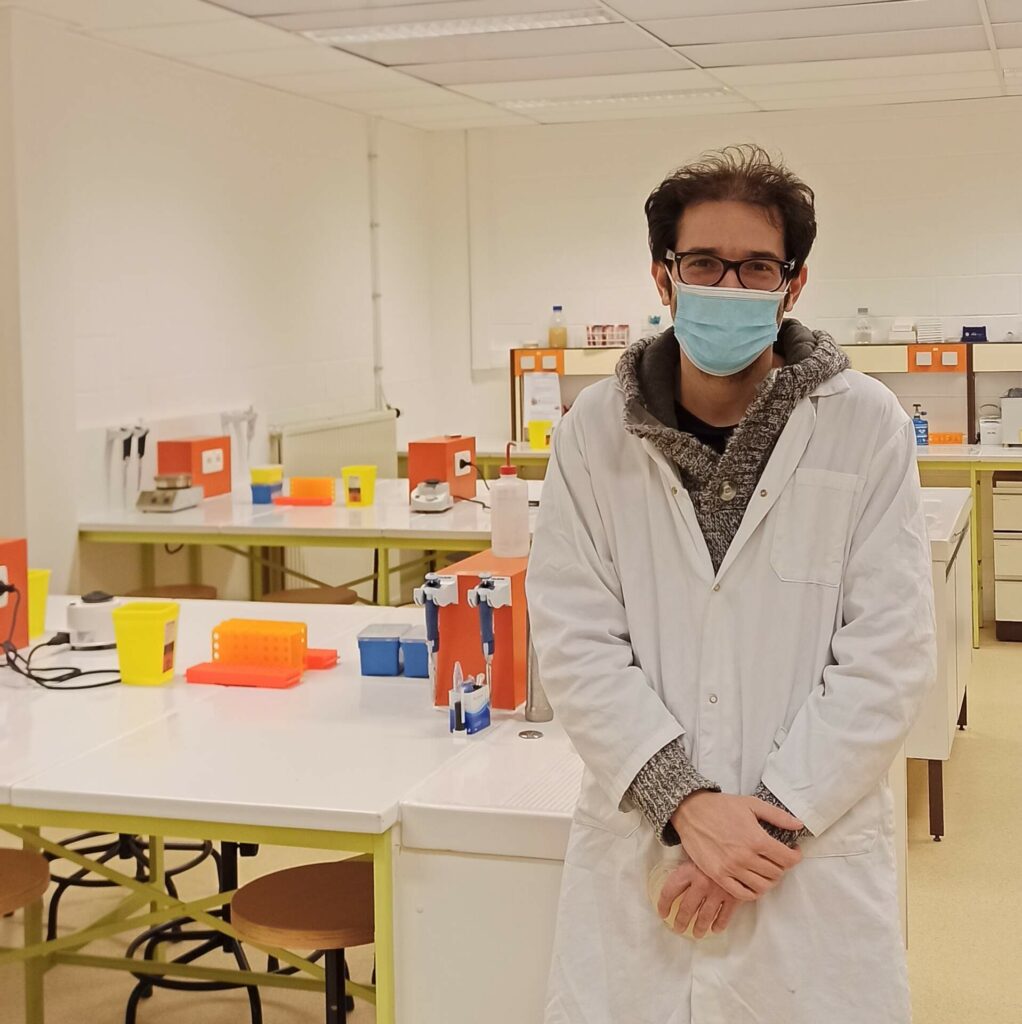
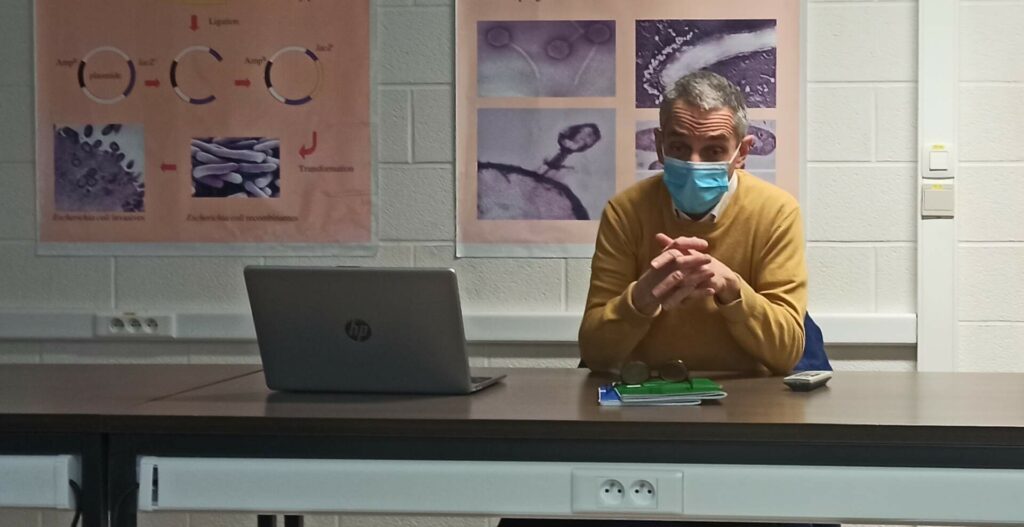
They offer activities for all age groups and categories of the public. Their services are based in three main sectors:
The first sector of their activity concerns education and vocational training in biotechnology. In this context, Culture in vivo provides practical work sessions for students of higher education and laboratory internships on one hand and, on the other hand, vocational training modules for skilled and unskilled job seekers and specific training for professionals in the pharma and biotechnology sector.
Secondly, Culture in vivo offers a program of scientific workshops for primary and secondary school students. Practical, playful and visual, these workshops allow children and adolescents to “get their hands dirty” in a laboratory and see for themselves “the science of life” in a professional environment. Culture in vivo also offers animations, exhibitions and conferences to the general public, while they also strive to make their activities accessible to as many people as possible.
Finally, Culture in vivo has grown research and development activity in molecular biology, microbiology and immunology.
To learn more about Culture in vivo, be sure to check out their website and download the ASBL’s activities presentation below!
Also make sure to follow them on social media at: LinkedIn Facebook
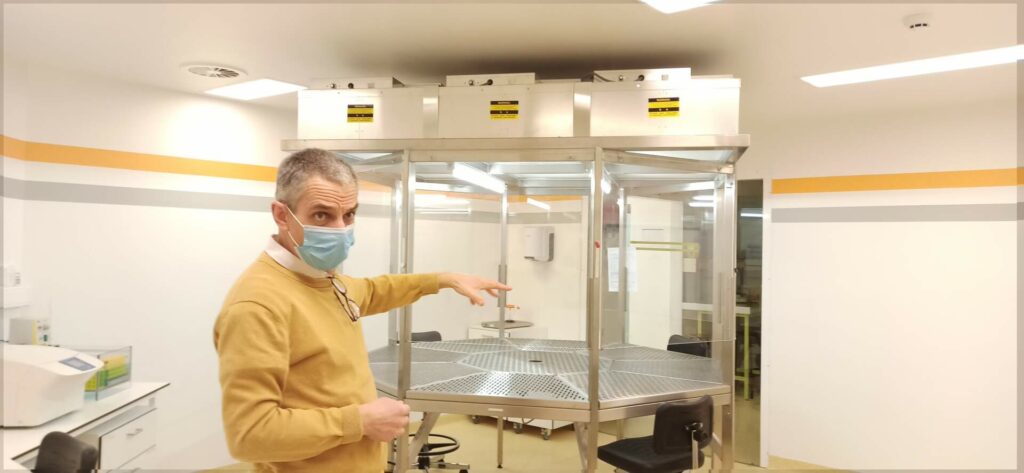
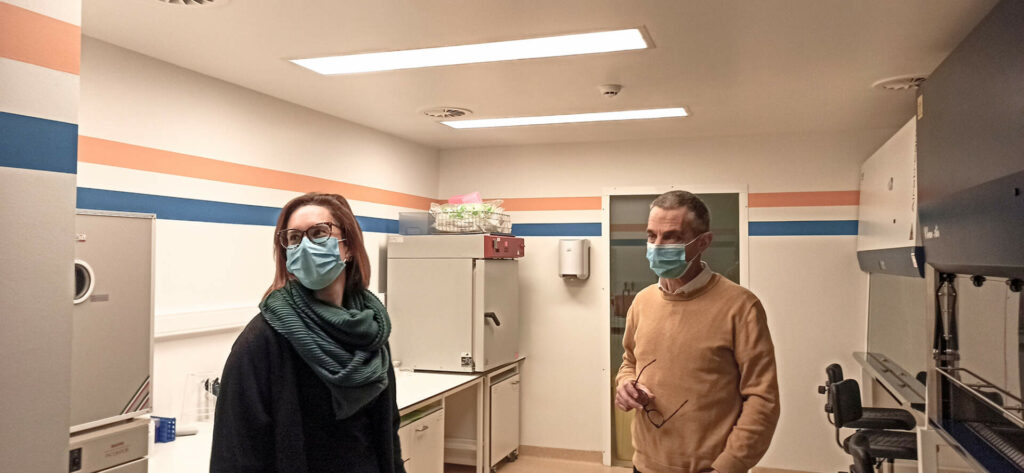
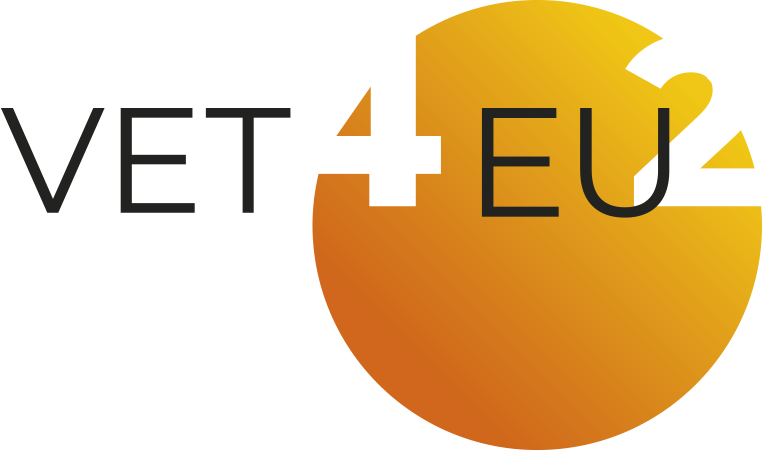
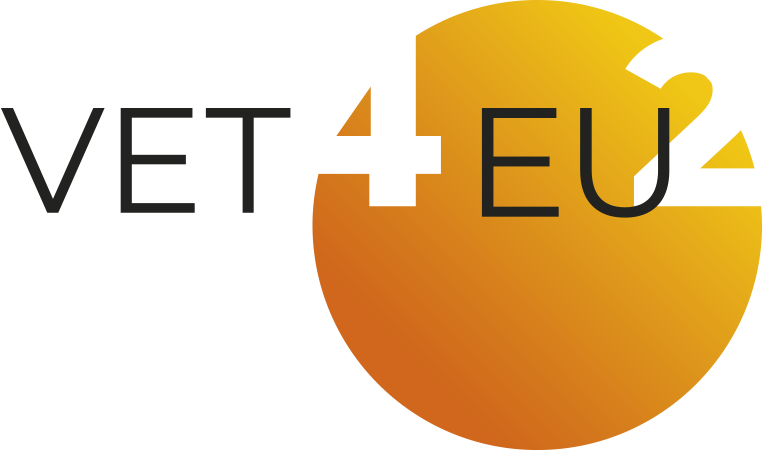
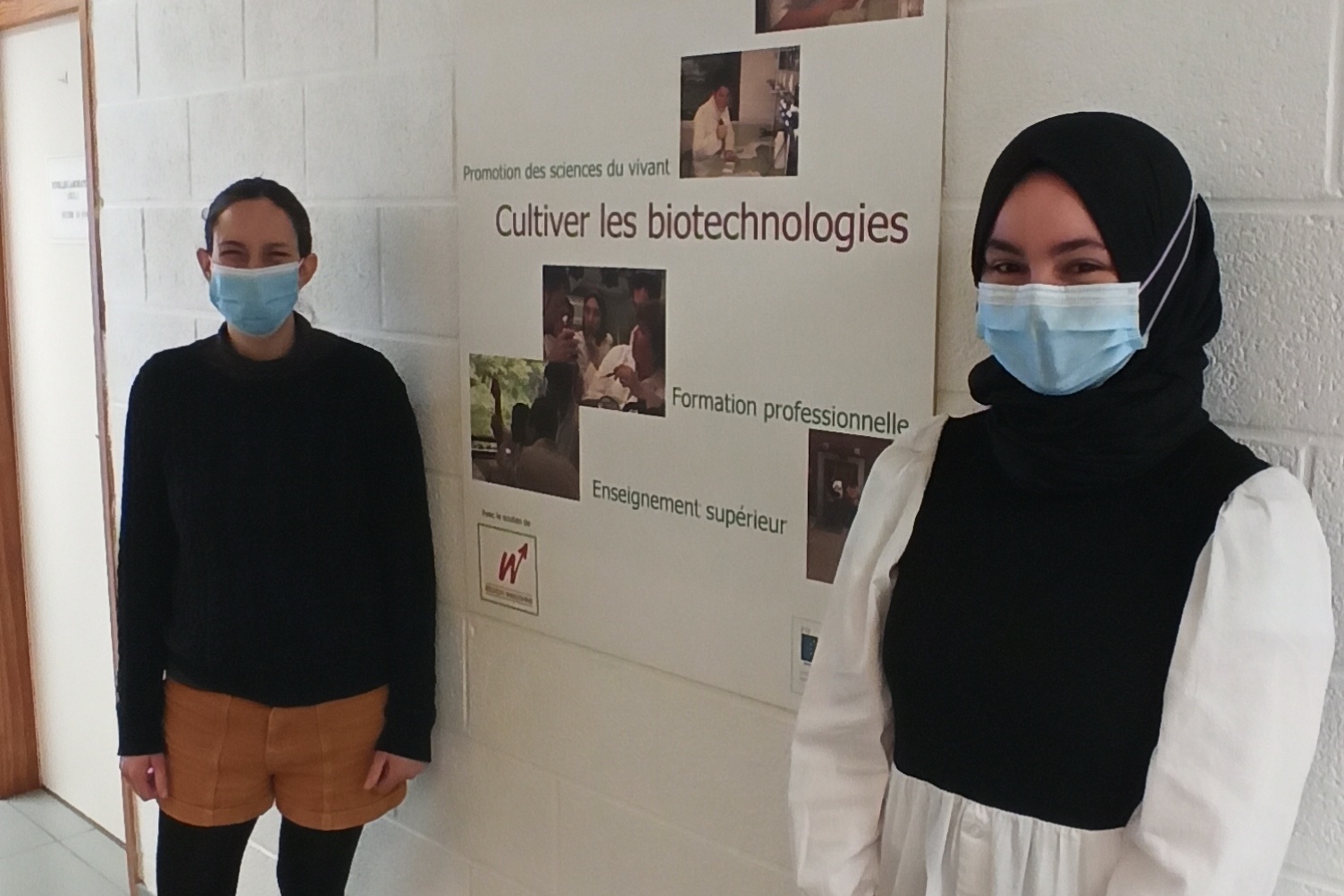
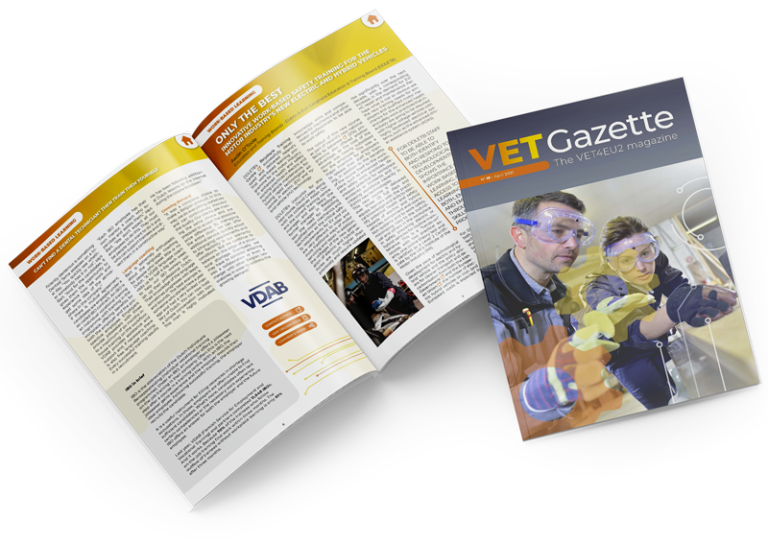
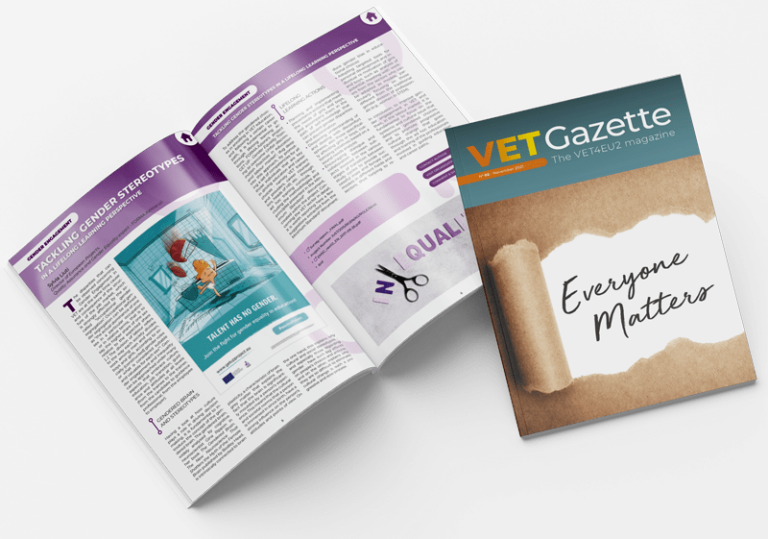
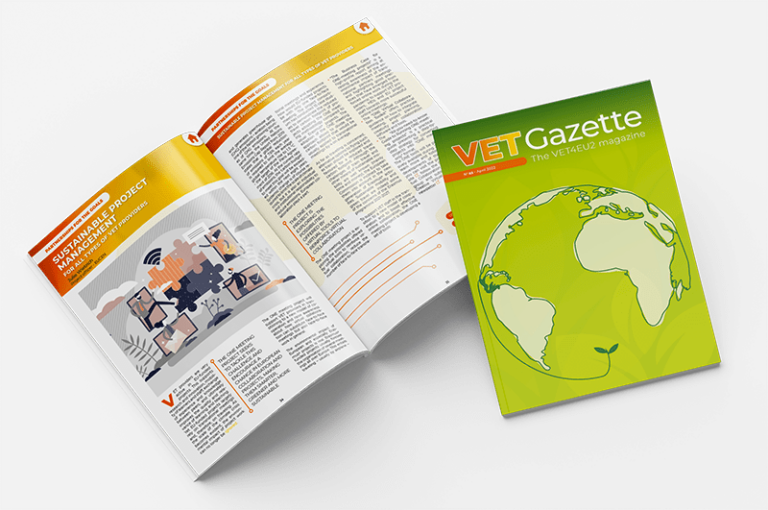
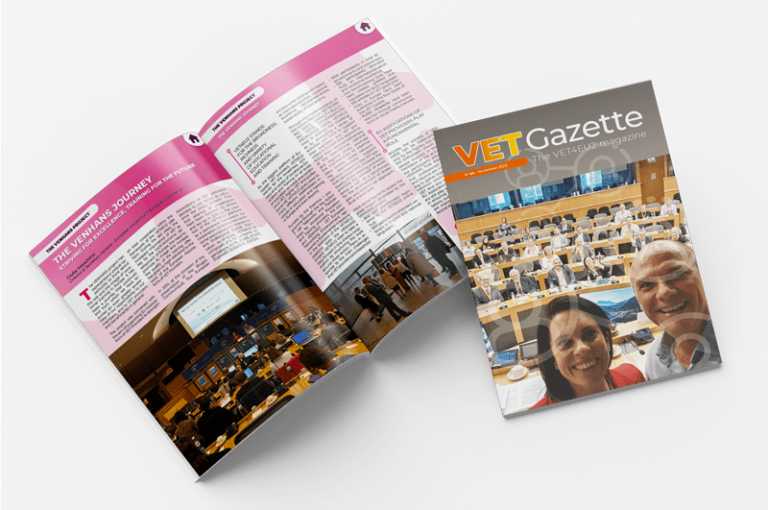

Responses